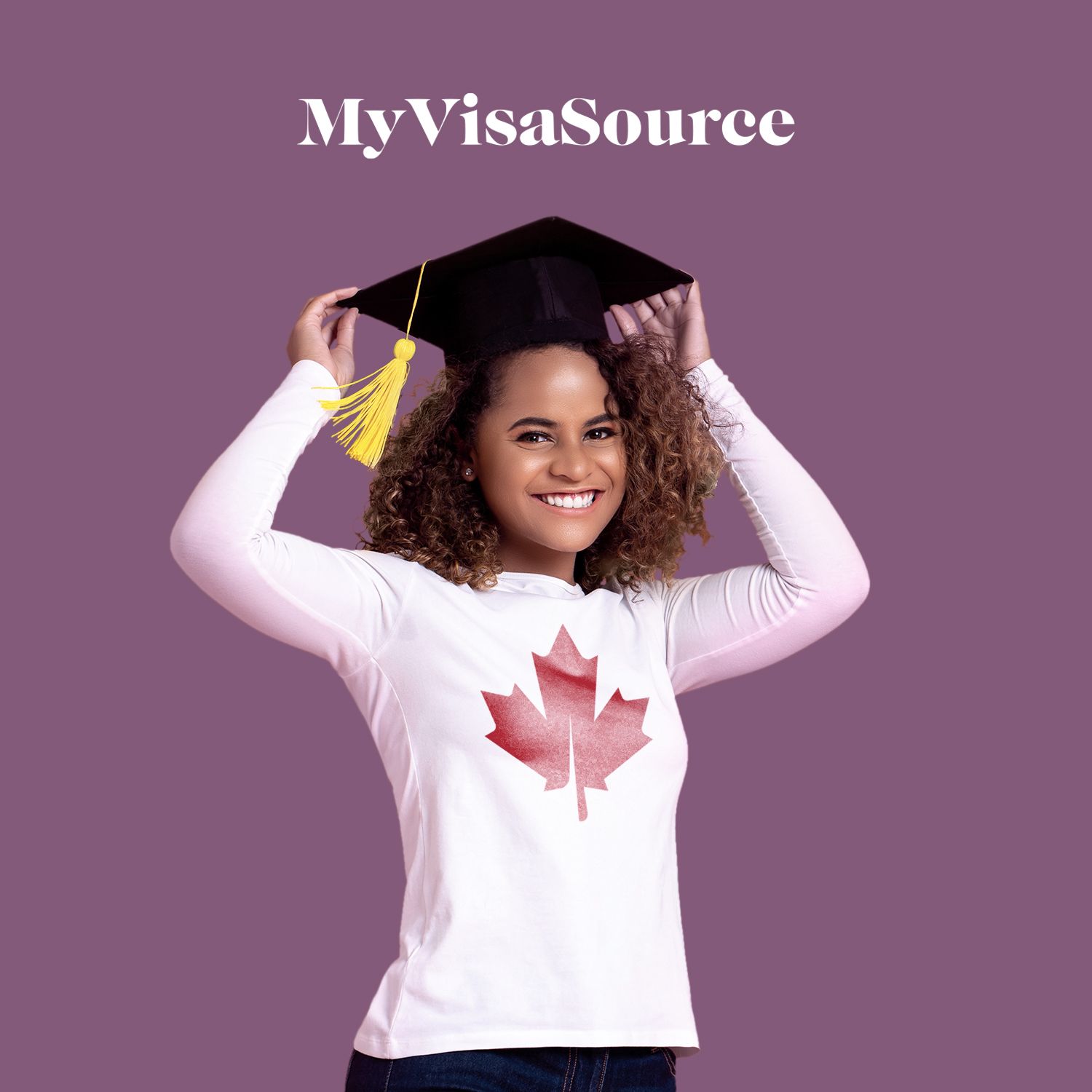Are you planning to study abroad in Canada? Known globally for its multicultural society, high quality of life, and academic excellence, Canada has consistently been the top choice for international students planning to study abroad. There are several universities in Canada that feature every year among the top 100 universities in the Times Higher Education World University Rankings.
Why Choose Canada for Higher Education?
The 2 most popular universities in Canada are the University of Toronto and the University of British Columbia. All over the world, these universities are known for producing high-quality and highly-respected research and studies. These 2 universities enroll more international students than any other university in North America.
According to a survey conducted by the Canadian Bureau for International Education, 95% of international students in Canada were incredibly satisfied with their experience. This is mainly because of the availability of cheaper study options, straightforward application processes, and several pathways to transition to permanent residence after graduation.
Deciding from the first step of choosing a degree program to moving to your chosen destination, the whole process will take at least a year. If you are planning to study abroad in Canada, you must get familiarized with the university system, entry requirements, visa requirements, and your options after graduation. To know all of this, you’ll have to do some research.
How Does the Canadian University System Work?
Canada has both public and private institutions. There are 2 types of universities among them: the U15 and Universities Canada. The U15 is an association of Canada’s 15 oldest and prestigious universities, which are also research universities. The U15 includes the following:
- University of Alberta
- University of British Columbia
- University of Calgary
- Dalhousie University
- Université Laval
- University of Manitoba
- McGill University
- McMaster University
- Université de Montréal
- University of Ottawa
- Queen's University
- University of Saskatchewan
- University of Toronto
- University of Waterloo
- Western University
Universities Canada represents various universities, post-secondary colleges, and a mix of professional, vocational, and training institutions offering study programs ranging from culinary arts to business analysis and management.
University degree programs are usually 4-5 years long while college degree programs that span around 2-3 years. Every university will have its criteria for choosing your subjects and courses within your degree program. You’ll be required to check your university’s requirements to make sure that you are eligible for the program you are interested in.
For degree programs, you must first choose the area of study that interests you the most, for example, arts, science, forestry or kinesiology, etc. You will have the chance to choose your specialization within that subject area after a year or 2 of study.
Certain universities in Canada have a major/minor system. The major will be the main area of study you want to pursue and the minor will be another subject that you want to learn alongside your major. For such universities, you will have to decide your major and meet the criteria for getting admission.
Canadian universities also offer options like dual degrees or double majors programs which allow you to focus on a balanced combination of different subjects that will help you pursue your desired career. Such programs allow you to study a wide variety of subjects at the same time, for example, if you are planning to go into event planning, learning management and designing will help you a lot.
Certain universities in Canada also allow you to customize your degree based on your interests outside of the classroom. You can go into undergraduate research or study at international universities across the world through partner programs. Universities also offer cooperative education programs which are full-time paid placements in a variety of occupations related to your study program.
Is a Language Test Mandatory for Admission to a Canadian University?
The two official languages of Canada are English and French, so most of the study programs are taught in either language. Unless your native language is English or French, you will be required to demonstrate language proficiency by taking an approved language test.
The most popular English language proficiency test is the International English Language Testing System (IELTS) - the IELTS academic test, not the general one. Other commonly approved language tests include the Test of English as a Foreign Language (TOEFL) and the Cambridge English Advanced Test.
The most common French language proficiency test are the following:
- Test d'Évaluation de Français pour le Canada (TEF Canada)
- Test de Connaissance du Français (TCF Canada)
- Diplôme Approfondi de Langue Française (DALF)
- Diplôme d'Études en Langue Française (DELF)


















